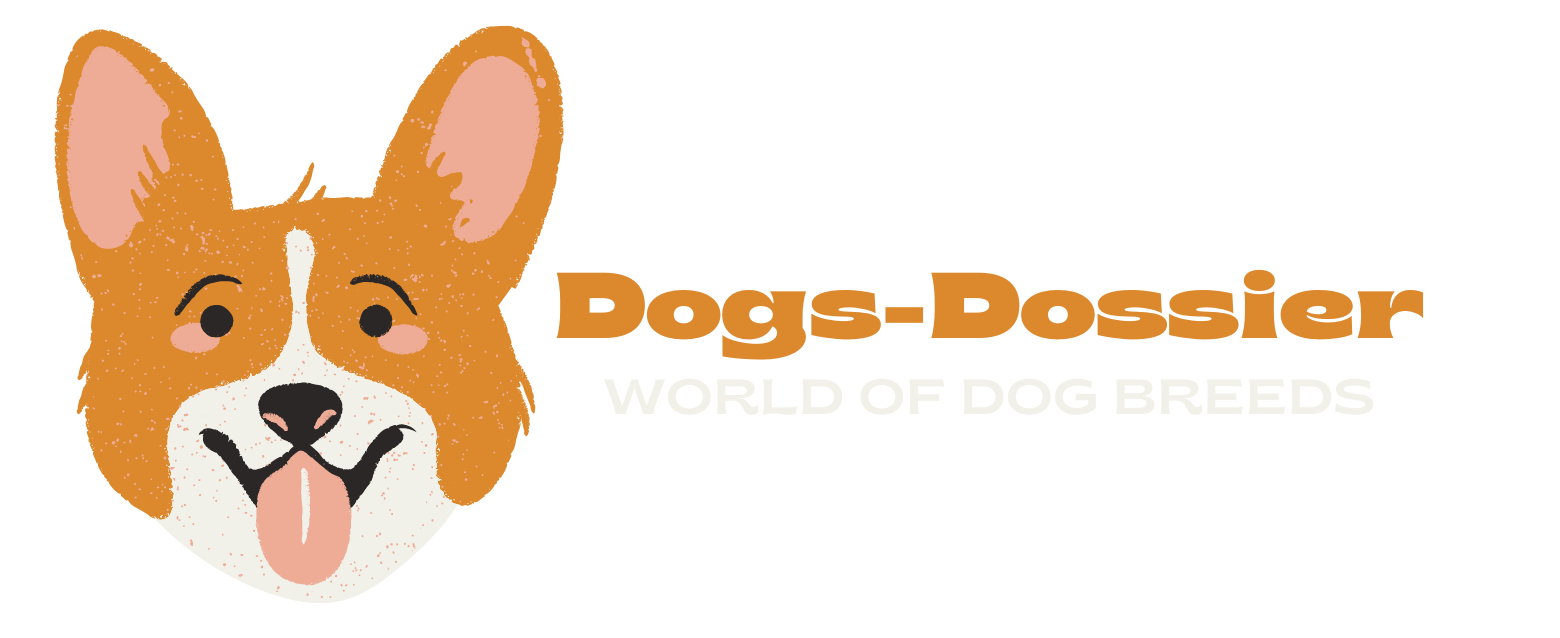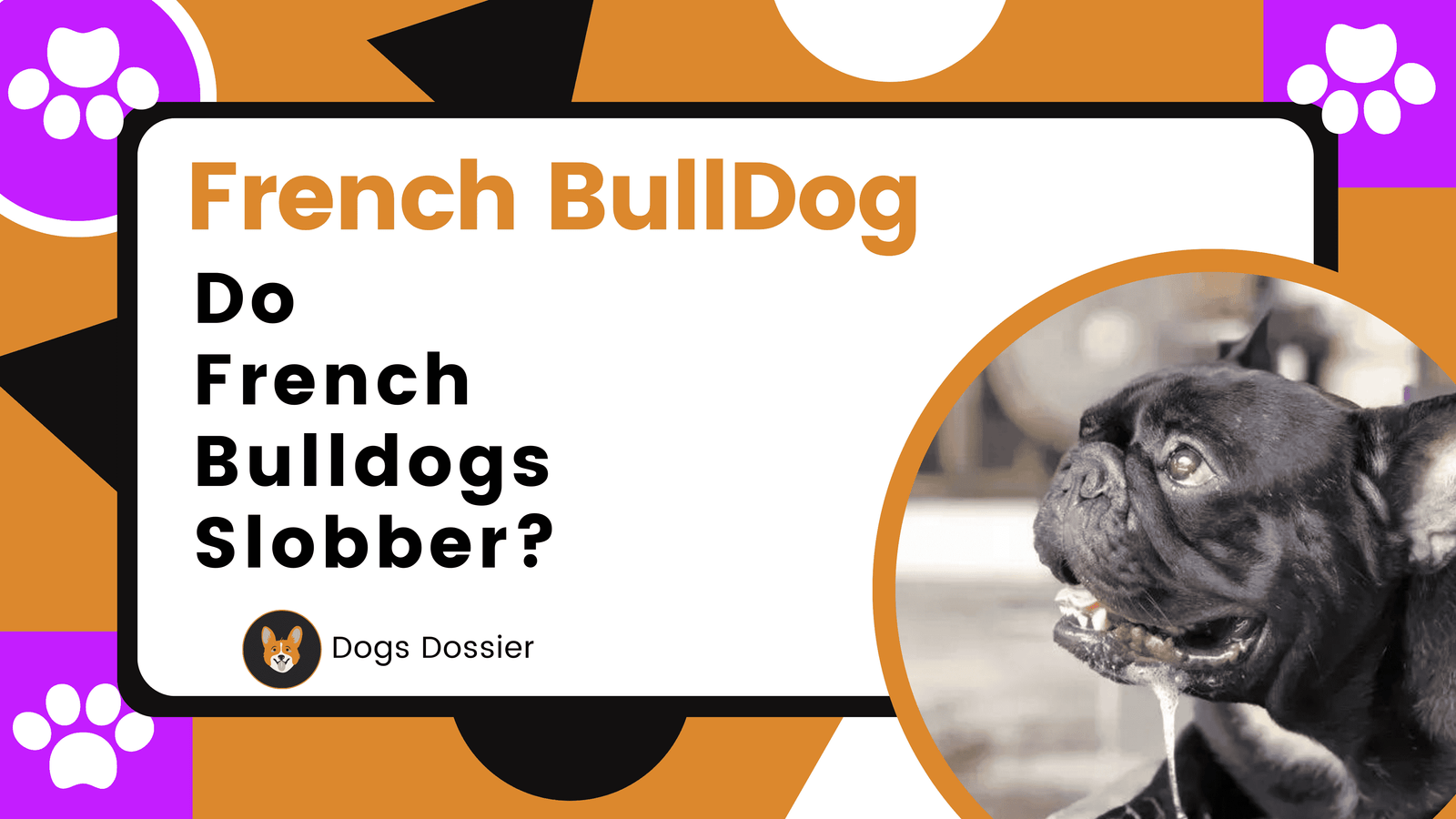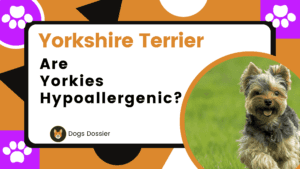Do French Bulldogs Slobber? Understanding French Bulldog Drooling, Causes and Solutions
French Bulldogs, affectionately known as “Frenchies,” are cherished for their charming personalities and distinctive appearance.
However, a common question among potential owners is whether these adorable companions slobber.
In this article, we’ll delve into the slobbering tendencies of French Bulldogs, exploring the factors that contribute to their drooling behavior and how to manage it effectively.
Understanding French Bulldogs
History and Characteristics
French Bulldogs have a rich history dating back to the 19th century when they were bred in England as miniature versions of the English Bulldog. They gained popularity among lace workers in Nottingham, who brought them to France during the Industrial Revolution, where they became known as French Bulldogs.
These small, muscular dogs are characterized by their compact build, bat-like ears, and expressive facial wrinkles. Frenchies are renowned for their affectionate and playful nature, making them beloved companions and family pets.
Despite their small size, they have a sturdy and muscular physique, embodying strength and agility. Today, French Bulldogs are cherished worldwide for their charming personalities and adaptability to various living environments.
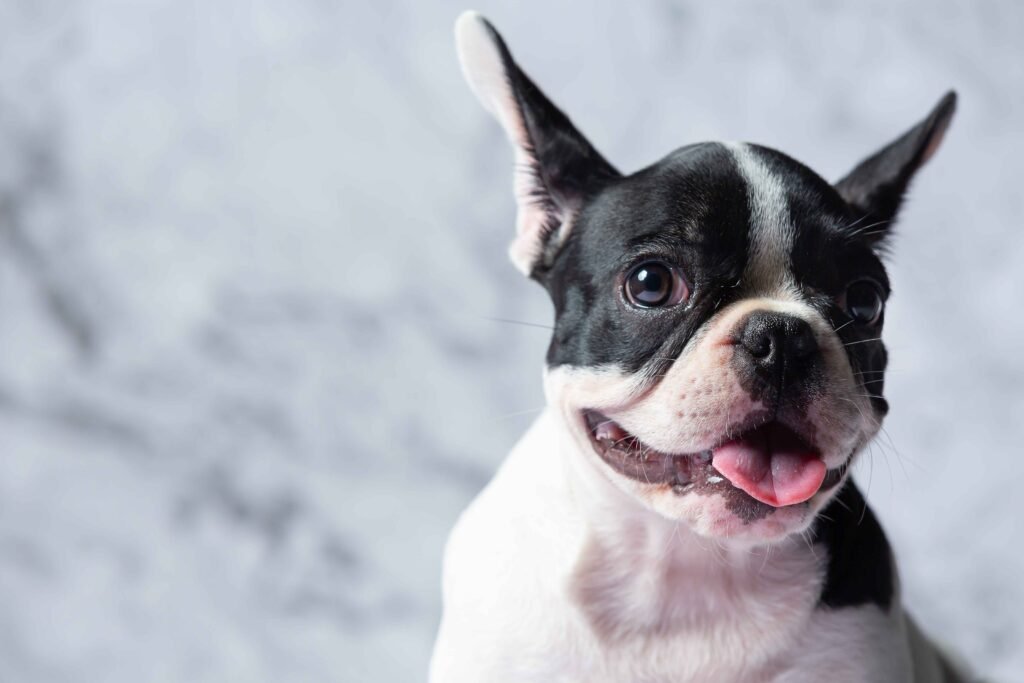
Common Health Issues
French Bulldogs, like many other breeds, are prone to certain health issues that owners should be aware of.
Some of the common health issues seen in French Bulldogs include respiratory problems such as brachycephalic obstructive airway syndrome (BOAS), which is due to their short snouts and flat faces. They may also experience skin allergies, ear infections, and joint problems such as hip dysplasia.
Additionally, French Bulldogs can be sensitive to extreme temperatures, particularly heat, due to their brachycephalic nature. Regular veterinary check-ups and proactive healthcare management are essential for addressing these health concerns and ensuring the well-being of French Bulldogs.
Do French Bulldogs Slobber?
Yes, French Bulldogs can slobber, but the extent varies from dog to dog. While some may slobber minimally, others may drool noticeably, especially after eating, drinking, or when excited.
Factors such as genetics, age, diet, and overall health can influence the degree of slobbering in French Bulldogs. However, excessive drooling may indicate underlying health issues and should be monitored closely.
French Bulldogs and Slobbering
French Bulldogs, with their charming personalities and distinctive appearance, are beloved companions for many.
However, one question that often arises among potential owners is whether French Bulldogs slobber. Let’s delve into this common inquiry and shed light on the slobbering tendencies of these adorable canine companions.
French Bulldogs are known for their affectionate nature and playful demeanor, but do they slobber? The answer is yes, but the degree of slobbering varies from dog to dog. Some Frenchies may exhibit minimal slobbering, while others may drool more noticeably, especially after eating, drinking, or when excited.
The slobbering tendency in French Bulldogs can be influenced by various factors, including genetics, age, diet, and overall health. Respiratory issues, such as brachycephalic airway syndrome, which is common in breeds with flat faces like French Bulldogs, may also contribute to increased slobbering.
While slobbering is a natural behavior in dogs and serves important functions like aiding in digestion and cooling down, excessive drooling can be a cause for concern.
If you notice a sudden increase in slobbering or if it is accompanied by other symptoms such as coughing, difficulty breathing, or changes in appetite or behavior, it’s essential to consult your veterinarian.
Factors Influencing Slobbering
Several factors can influence the degree of slobbering in French Bulldogs:
Genetics: The genetics of individual dogs play a significant role in determining their slobbering tendencies. Some French Bulldogs may inherit genes that predispose them to slobber more than others.
Age: Slobbering habits may change as French Bulldogs age. Puppies may drool more during teething, while older dogs may experience increased slobbering due to age-related changes in oral health.
Diet: The type of diet your Frenchie consumes can affect their slobbering. Certain foods may stimulate saliva production and lead to increased drooling, while others may help maintain saliva production at a healthy level.
Overall Health: The overall health of your French Bulldog can impact their slobbering habits. Respiratory issues, dental problems, or other health conditions may contribute to excessive drooling and should be addressed by a veterinarian.
Understanding these factors can help you manage slobbering in your French Bulldog and ensure their well-being. By addressing any underlying health issues and implementing appropriate dietary and grooming practices, you can help minimize excessive drooling and keep your Frenchie happy and healthy.
Slobbering in Dogs
What Causes Slobbering?
Slobbering, also known as drooling or hypersalivation, is a natural physiological response in dogs that serves several purposes.
It helps dogs to lubricate their mouths and aid in the digestion process by moistening food. Additionally, slobbering helps dogs regulate their body temperature, especially in hot weather, by promoting evaporation and cooling.
Certain stimuli, such as the sight or smell of food, excitement, or anticipation, can trigger increased saliva production and subsequent slobbering.
However, excessive slobbering may be caused by underlying health issues such as dental problems, oral infections, gastrointestinal disturbances, or respiratory conditions.
It’s essential to monitor your dog’s slobbering habits and consult a veterinarian if you notice any sudden or significant changes, as it could indicate an underlying health problem that requires attention.

Breeds Prone to Slobbering
While slobbering can vary among individual dogs, certain breeds are known to be more prone to excessive drooling due to their anatomy and genetics. Some of these breeds include:
Bulldogs: Both English Bulldogs and French Bulldogs are notorious for their slobbering tendencies, often due to their brachycephalic (short-nosed) facial structure.
Mastiffs: Breeds such as the Bullmastiff, English Mastiff, and Neapolitan Mastiff are known for their large jowls and loose lips, which can result in significant drooling.
Saint Bernards: These gentle giants have loose, pendulous lips that contribute to their propensity for drooling, especially after eating or drinking.
Bloodhounds: With their deep facial folds and long, droopy ears, Bloodhounds are known to slobber, particularly when tracking scents or in warm weather.
Newfoundlands: Known for their massive size and thick, water-resistant coats, Newfoundlands can slobber quite profusely, especially when excited or after drinking water.
While slobbering is a natural behavior in these breeds, it’s essential to monitor their drooling habits and ensure they remain healthy and comfortable. Proper grooming, regular dental care, and attention to any underlying health issues can help manage excessive drooling in these breeds.
Managing Slobbering in French Bulldogs
Tips for Minimizing Slobbering
Regular grooming: Keeping your Frenchie’s mouth and facial folds clean can help reduce slobbering.
Proper hydration: Ensure your dog stays hydrated to maintain saliva production at a healthy level.
Diet management: Avoid feeding your Frenchie foods that stimulate excessive saliva production, such as salty or spicy treats.
When to Seek Veterinary Advice
If you notice a sudden increase in slobbering or if it is accompanied by other symptoms such as coughing, difficulty breathing, or changes in appetite or behavior, consult your veterinarian. These could be signs of an underlying health issue that requires medical attention.
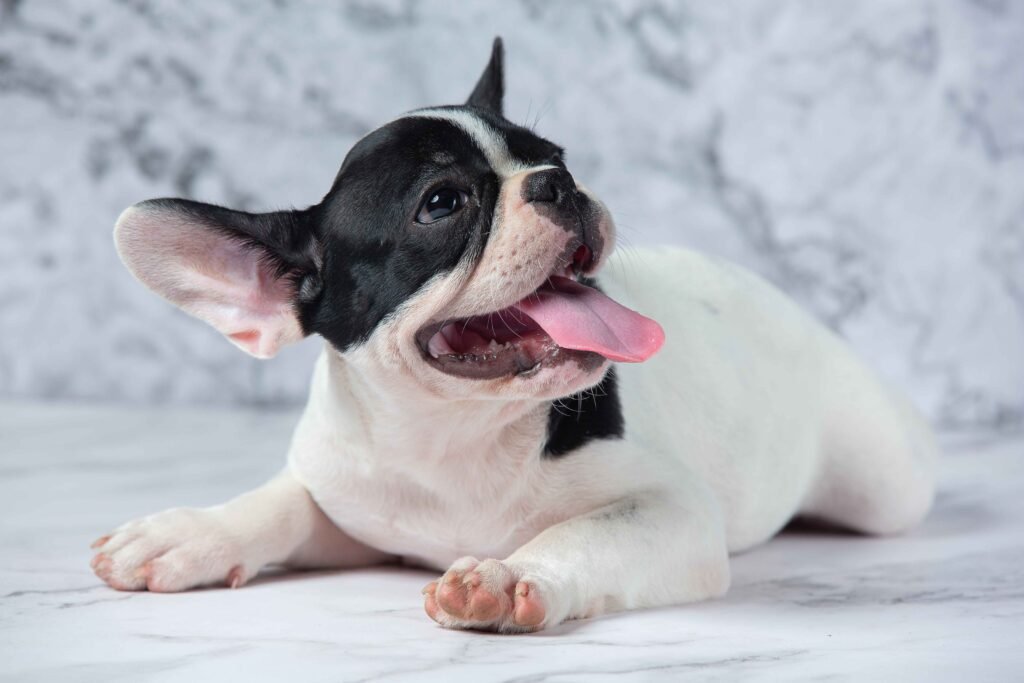
FAQs: French Bulldogs
Do all French Bulldogs slobber excessively?
No, slobbering varies from dog to dog and may depend on factors such as genetics and overall health.
Can slobbering in French Bulldogs be a sign of health problems?
Yes, excessive slobbering, especially if accompanied by other symptoms, may indicate underlying health issues and should be evaluated by a veterinarian.
Are there any specific foods that can trigger slobbering in French Bulldogs?
Yes, salty or spicy foods can stimulate saliva production and lead to increased slobbering in some dogs.
How can I prevent slobbering in my French Bulldog?
While some slobbering is normal, you can minimize it by maintaining properoral hygiene, managing your dog’s diet, and monitoring their overall health.
Is it normal for French Bulldogs to slobber more in certain situations?
Yes, factors such as excitement, exercise, or hot weather may increase slobbering in French Bulldogs, but it should return to normal once the stimulus diminishes.
Conclusion
In conclusion, while French Bulldogs may slobber to some extent, it is generally manageable with proper care and attention.
By understanding the factors influencing slobbering and implementing appropriate management strategies, you can ensure your Frenchie remains happy and healthy.
